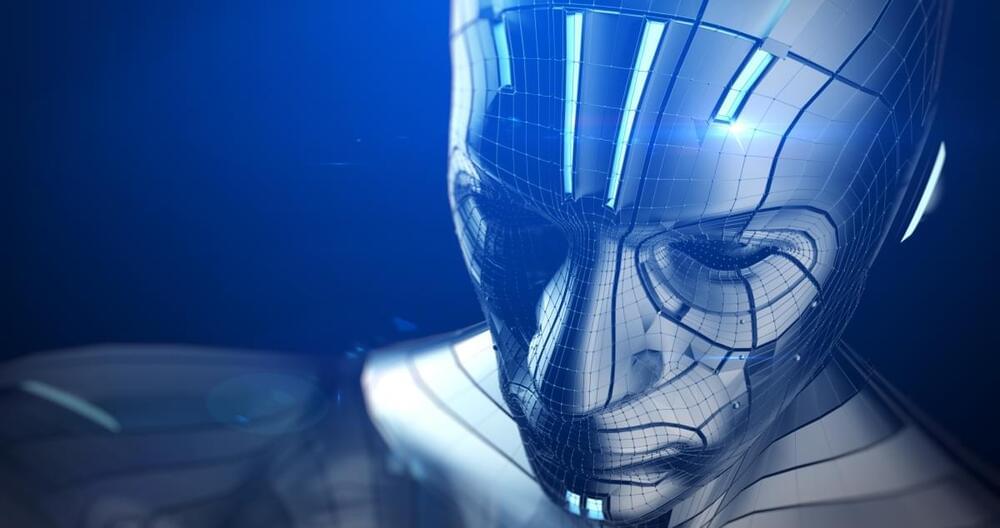Some of Solar Orbiter’s instruments had to be turned off during the event.
There’s one spacecraft that will be very well placed to capture that increasing activity: Solar Orbiter is currently 25 percent of the way through its 10-year mission of observing the Sun. By 2025, it will be closer than ever to our parent star, and it has already started observing some fantastic phenomena from our Sun.
One of those spectacular phenomena happened recently during a gravity assist Solar Orbiter received from Venus. The Sun had a coronal mass ejection (CME) toward Venus and the Orbiter. It was almost like it was jealous that the satellite designed to study it was cozying up to another heavenly body.
Obviously, the Orbiter’s presence isn’t why the Sun decided to discharge toward the second planet. And ultimately, being hit by such an intense solar storm had no damaging impact on the probe, mainly because it was specifically designed to observe phenomena like the CME.







